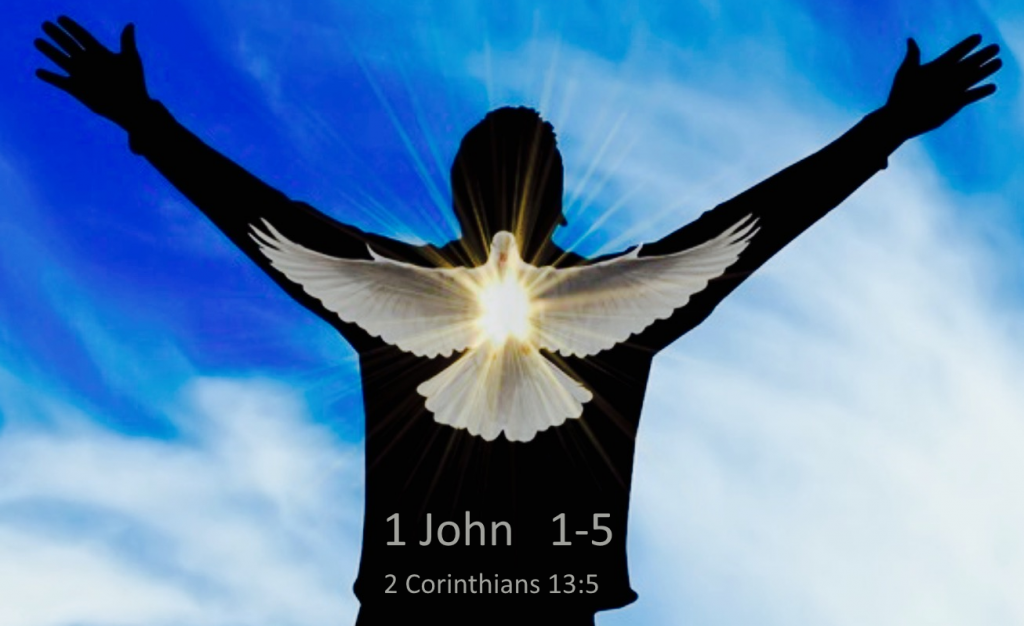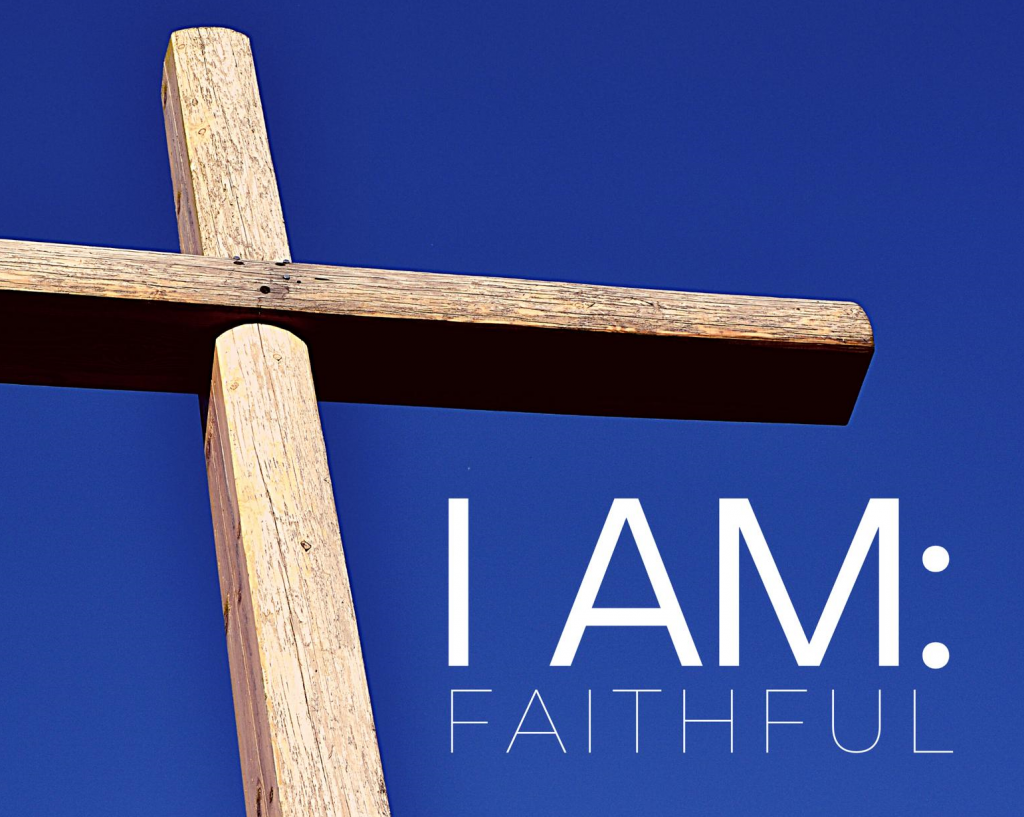James 1:1

“James, a servant of God and of the Lord Jesus Christ,
To the twelve tribes scattered among the nations: Greetings.”
The letter of James is a letter for modern times. It is a letter addressed to migrants across national borders, in particular migrants who have fled persecution and conflict. 2019 figures showed that globally around 71 million of the 272 million (3.5% of the global population) migrants who had crossed international borders are those who have fled violence of one form or another. Many more have migrated within their national borders. When numbers are this great it impacts, even if it is indirectly, on all societies.
However, James is not only relevant to displaced persons as all Christians are in a crucial sense foreigners and aliens called to be distinctive and showing the light of the gospel within whatever culture we reside. ‘But you are a chosen people, a royal priesthood, a holy nation, God’s special possession, that you may declare the praises of him who called you out of darkness into his wonderful light.’ 1 Peter 1.9 James terms such a life as keeping the Royal law, ‘Love your neigbour as yourself.’ James 2.8
James is a highly practical letter describing how to be Christ’s community in a world that does not worship God or follow in Jesus’ way. It recognizes that to follow Jesus will involve trials of many forms. James is a pastor’s letter to a flock he can no longer meet with personally as persecution has spread his people out across the world he knows of. It is the letter of a servant leader, a servant of Jesus Christ and a servant of his people.
James was a brother of Jesus. Mathew 13.55 He did not follow Jesus during his ministry John 7.5 and only became a believer after Jesus’ death. It is likely he was converted when Jesus appeared to James following his resurrection. 1 Corinthians 15.7 James became leader of the Jerusalem church and became widely acknowledged as a wise and good man earning him the title “James the Just” in the Jewish population as well as among Christians according to both Jewish and Christians traditions.
James wrote his letter to the dispersed Christians following the rise in persecution after the killing of Stephen and so it was addressed to Jewish Christians. However, in the New Testament, ‘the twelve tribes scattered among the nations’ v1 is also used to refer to the people of God of the last days, Jews and Gentiles alike. 1 Peter 1.1 It is therefore also a letter for all who believe and trust in Jesus for their forgiveness, eternal life and resurrection. It is a letter to teach, encourage and warn the people of God in their trials and exhort them to live faithful Christian lives whatever circumstances they find themselves in.
If we are a Christian with responsibility do we consider ourselves simply a servant or do we give ourselves greater status than that?
When experiencing trials do we first of all turn to the bible for guidance, encouragement and warning?
Do we live according to the Royal law, loving our neighbour as much as ourselves?
Build your kingdom here – Rend Collective




